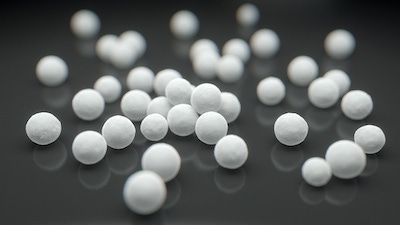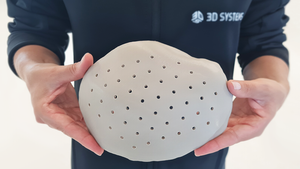Next-generation PolyMax 600 Series polypropylene catalysts from Clariant significantly boost plant productivity while simultaneously improving polymer properties. Major polypropylene producer estimates an economic benefit exceeding $8 million annually due to higher catalyst productivity.
June 19, 2020

Clariant is launching its next-generation phthalate-free olefin polymerization catalysts, expanding its portfolio to include a new offering to meet the most demanding customer toxicity requirements. Developed in partnership with McDermott’s Lummus Novolen Technology, the new PolyMax 600 Series catalysts answer the market’s increasing need for safer polypropylene solutions.
Stefan Heuser, Senior Vice President & General Manager at Clariant Catalysts, commented, “Performance is the key difference with our new PolyMax 600 Series catalysts. We have successfully developed a phthalate-free solution that adds significant value to our customers’ businesses. The innovative technology, which allows customers to achieve higher productivity rates and reduced process fluctuations, is delivering excellent results — with one major polypropylene producer now estimating economic benefits to exceed US$8 million annually.”
The improved performance is due to a new proprietary technology that increases catalyst activity up to 25% compared to phthalate-based catalysts. This new technology results in not only higher plant productivity, but also superior polymer properties, such as increased impact strength for better durability.
PolyMax 600 Series catalysts are a drop-in replacement for phthalate-based polyolefin catalysts and are designed to suit a broad range of process requirements, in applications ranging from food packaging to engineered automotive parts. Considering the rapid growth of the polypropylene market, the catalysts come at an opportune time to help producers meet both increasing demand and stricter regulations.
Image courtesy Clariant
About the Author(s)
You May Also Like




